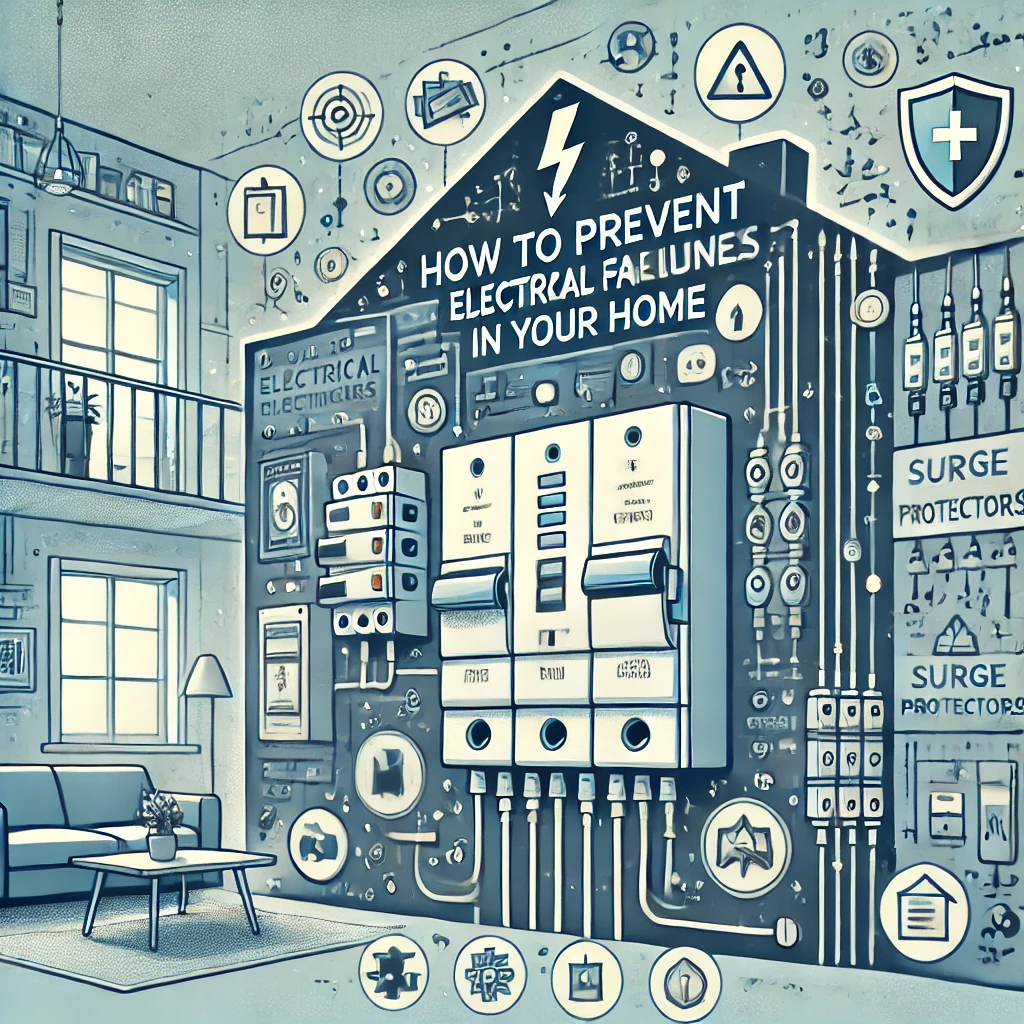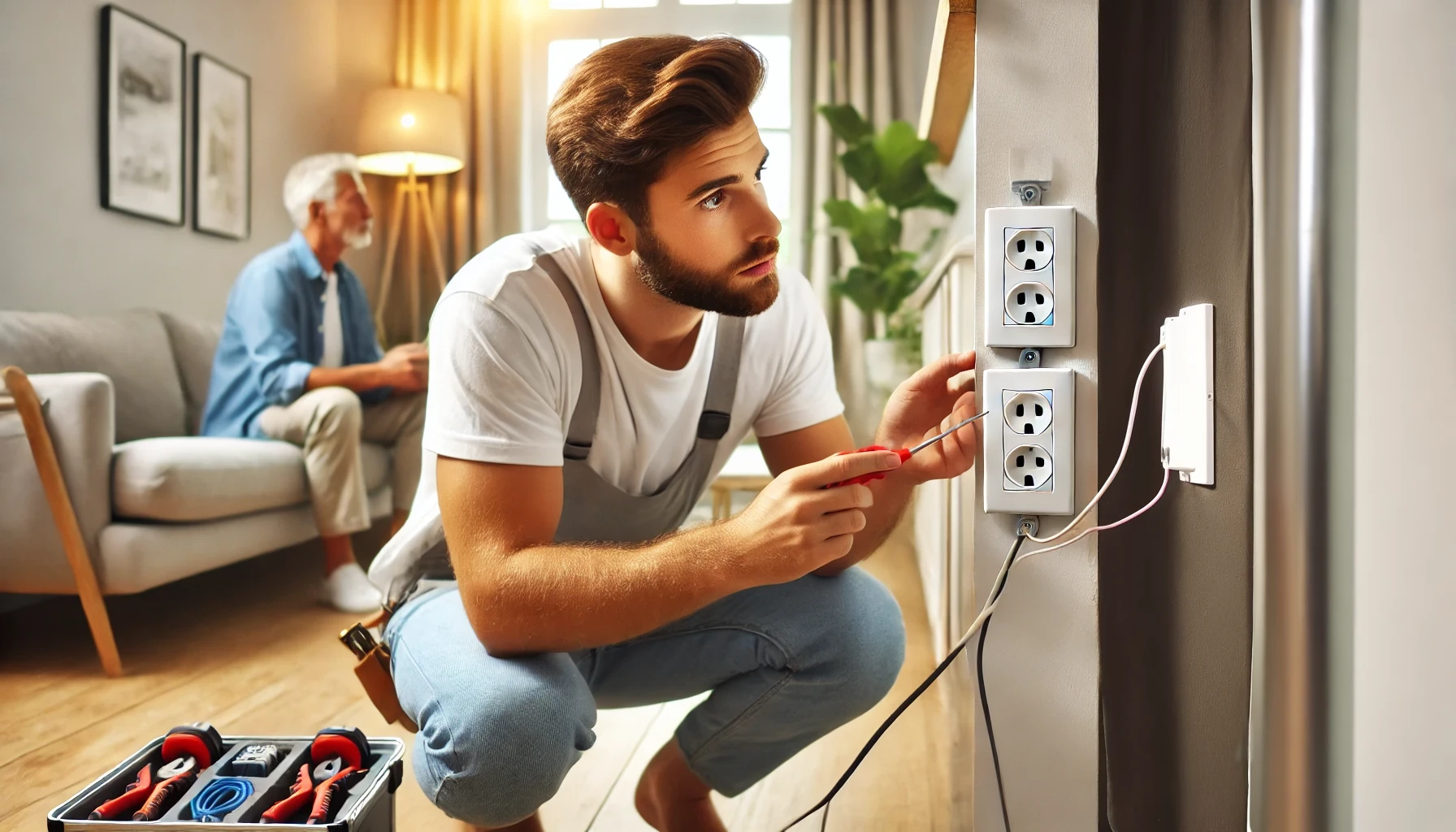How to Prevent Electrical Failures in Your Home

Electrical failures in the home can lead to inconvenient outages, potential damage to appliances, and even safety hazards such as fires. Preventing electrical failures requires proactive measures and regular maintenance. This blog post outlines practical steps homeowners can take to safeguard their electrical systems and ensure a reliable and safe power supply
Tips to Prevent Electrical Failures
1. Regular Inspections
Importance
Regular inspections help identify potential issues before they become major problems.
Steps
- Visual Checks: Look for signs of wear and tear, such as frayed wires or discolored outlets.
- Professional Inspections: Schedule annual inspections by a licensed electrician to catch hidden issues.
2. Proper Use of Electrical Appliances
Importance
Incorrect use of electrical appliances can lead to failures and hazards.
Steps
- Follow Manufacturer Instructions: Always use appliances as intended and according to the manufacturer’s guidelines.
- Avoid Overloading Circuits: Distribute electrical load evenly across circuits to prevent overloads.
3. Surge Protection
Importance
Surges can damage electronic devices and lead to electrical failures.
Steps
- Install Surge Protectors: Use surge protector power strips for sensitive electronics.
- Whole-House Surge Protectors: Consider installing a whole-house surge protector to safeguard all devices.
4. Maintain and Replace Wiring
Importance
Old or damaged wiring is a common cause of electrical failures.
Steps
- Upgrade Old Wiring: Replace outdated wiring systems, especially in older homes.
- Repair Damages Promptly: Address any wiring issues immediately to prevent hazards.

5. Use of Ground Fault Circuit Interrupters (GFCIs)
Importance
GFCIs protect against electric shock and reduce the risk of electrical failures.
Steps
- Install GFCIs: Install GFCIs in bathrooms, kitchens, and other areas with water exposure.
- Test Regularly: Test GFCIs monthly to ensure they are functioning correctly.
6. Avoid DIY Electrical Work
Importance
Improper electrical work can lead to failures and safety hazards.
Steps
- Hire Professionals: Always hire licensed electricians for electrical work in your home.
- Obtain Permits: Ensure proper permits are obtained for electrical upgrades or modifications.
7. Educate Family Members
Importance
Awareness of electrical safety can prevent accidents and failures.
Steps
- Safety Practices: Teach family members about safe electrical practices, such as not overloading outlets and unplugging appliances when not in use.
- Emergency Preparedness: Ensure everyone knows what to do in case of an electrical emergency.
Conclusion
Preventing electrical failures in your home requires a combination of regular maintenance, proper use of appliances, and professional inspections. By following these tips, homeowners can reduce the risk of electrical issues, protect their appliances, and ensure a safe living environment. Always prioritize safety and consult a licensed electrician for any concerns or electrical work needed.
Category:



